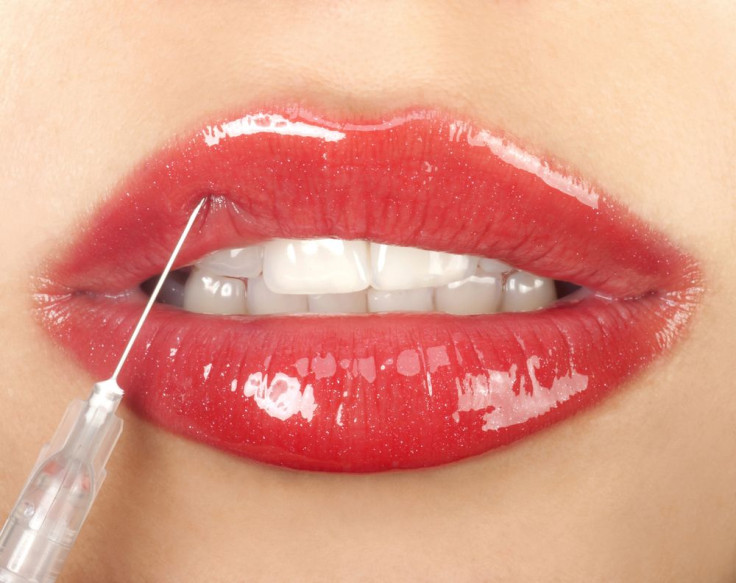What Makes You Beautiful: Human Eye Instinctively Recognizes Natural Beauty, Responds Negatively When It's Fake

Despite living in a plastic surgery world, a recent study suggests humans instinctively prefer the natural look. According to the research, it's because human vision is designed to notice inconsistencies in an individual's appearance and instinctively respond negatively to even the slightest attempt at deception.
The mystery of physical attraction is one which has perplexed researchers throughout the centuries. Many studies have investigated the attractiveness of isolated features, such as the female butt or male height, but a recent study from Queen’s University in Canada took a different angle, instead exploring how these isolated features came together as a whole.
To investigate, the team used schematic point-light displays to depict a person using 15 dots. According to the press release, these dots represented the individual characteristics of both a person’s movements and their individual body shape. Participants were asked to rate which general body movements and shapes they found to be most attractive. The researchers then combined the highest rated features into a sort-of beautiful Frankenstein, which they referred to as a “hybrid walker.”
Based on the data, the hybrid walker should have been deemed as the most attractive choice, since it was made by combining the top rated physical features. However, they soon found out this was not the case. Instead, the hybrid walkers were found to be less attractive than what the calculations had predicted. The team suggested that this may be because consistency in appearance signals health and mate quality.
"We found that attractiveness depends on internal consistency — whether the movement and the shape match each other or not," co-author Nikolaus Troje said in the press release. "Our visual system is a sensitive lie detector that perceives even the slightest inconsistencies and responds negatively to them."
This message is especially important today, as a recent poll by the American Academy of Facial Plastic and Reconstructive Surgery (AAFPRS) found that a third of 2,700 of its member had seen an increase for procedures due to patients being more aware of their image on social media. Reuters reported that this increase could be broken down into a 10 percent rise in rhinoplasty, a seven percent jump in hair transplants, and a six percent increase in eyelid surgery.
"There has been a 25 percent increase over the past year and a half to two years. That is very significant," Dr. Sam Rizk, a Manhattan-based plastic surgeon explained, told Reuters.
For those who have not yet gone under the knife, a 2015 survey revealed that around one in five American women will consider plastic surgery. The researchers believe that their findings could be particularly useful for those contemplating on improving their appearance.
"What works for one person may not work for another one. If in doubt, just be yourself," Troje said.
Source: Kluver M, Hecht H, Troje NF. Internal consistency predicts attractiveness in biological motion walkers. Evolution & Human Behavior. 2015.



























